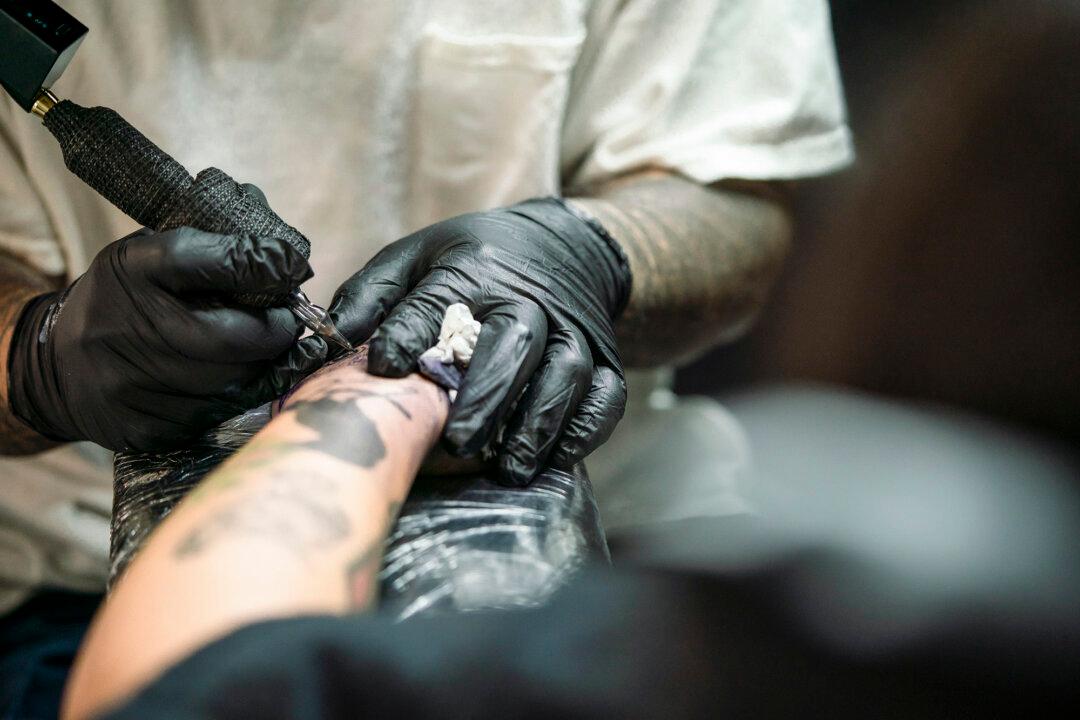For years, Sarah van Niekerk believed that her nightly glass of red wine was doing her heart a favor. It wasn’t until her breast cancer diagnosis—and a quiet comment from her oncologist—that she learned that even low levels of alcohol can raise cancer risk.
“I felt betrayed,” she said. “No one ever warned me.”
Alcohol Links to Cancer
The idea that alcohol can cause cancer isn’t new and was recognized as such nearly 40 years ago.The main culprit is ethanol—the pure form of alcohol found in all alcoholic drinks. When the body breaks down ethanol, it produces acetaldehyde, a toxic substance, which can damage DNA.
The effect of ethanol and acetaldehyde on our cells and DNA may change how cells replicate and stop the body from repairing the damage.
“All types of alcoholic beverages contain ethanol—beers, wine, and spirits all pose a risk,” Carina Ferreira-Borges, a public health specialist and World Health Organization regional adviser for alcohol, told The Epoch Times.
Alcohol also promotes oxidative stress and inflammation, which can further harm DNA. It may also affect hormone levels, particularly estrogen, which can raise the risk of breast cancer.
No Safe Levels
Research has established that alcohol is a cause of cancer, even at low levels of intake.For instance, it has been shown that women who have less than one drink per day still have a higher risk of breast cancer than those who don’t drink at all.
Public Awareness Remains Low
Despite strong scientific evidence, public awareness of alcohol’s link to cancer remains low.To address this critical gap in public awareness, one key strategy, Ferreira-Borges said, is making health warnings on alcoholic products more visible and explicit, similar to tobacco labels.
“Labels should clearly state the cancer risk and other health dangers associated with drinking,” she said.
Ferreira-Borges also emphasized the need for stronger regulation to curb the alcohol industry’s influence on policy and research.
“Governments must prioritize public health over profits,” she said.
The Rise of Alcohol Alternatives
As awareness grows about alcohol’s health risks, more people are turning to alcohol-free alternatives.“We’re seeing a growing variety of alcohol-free beverages on the market,” Ferreira-Borges said.
Healthier options are low in sugar and may include infused water, herbal teas, flavored sparkling water, 100 percent natural juices, unsweetened tea or coffee, and freshly made mocktails, she added.
“I’m already seeing a wide variety of non-alcoholic or mocktail products in grocery and convenience stores—and many of my friends are choosing these options at social gatherings,” Amy Bragagnini, a clinical oncology dietitian and spokesperson for the Academy of Nutrition and Dietetics, told The Epoch Times.
Bragagnini said her friends genuinely enjoy the taste of non-alcoholic beverages, and they like avoiding the brain fog, poor sleep, and digestive issues that can come with alcohol.
Tips for Making the Transition Easier
Transitioning away from alcohol can be difficult—despite the availability of many alcohol-free alternatives.“I recommend changing up your routine,” Bragagnini said.
If you usually meet friends at a bar after work, she suggested switching to a new activity that doesn’t center around drinking. That could mean trying a yoga class, seeing a movie, or heading out for a long walk or hike.
If a glass of wine is how you unwind at the end of the day, you can try replacing it with a warm bath, a cup of herbal tea, or a brief meditation.
Bragagnini also pointed out that social pressure, especially among younger people, can make the shift harder.
“Many social settings still revolve around alcohol, and there can be a real push to drink in order to fit in,” she said. “It helps to surround yourself with people who share your values.”
When someone pressures you to drink, Bragagnini suggested taking a firm approach and acknowledging the reasons why you are choosing not to drink.
“Not everyone will understand your choices, but that is on them, and hopefully you feel empowered in your conviction to stay clear-minded and healthy,” she said.






